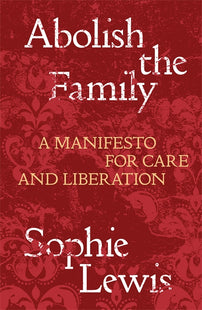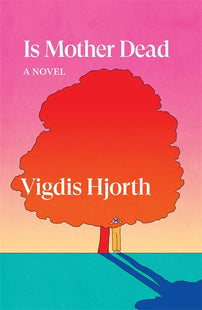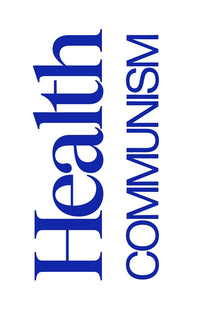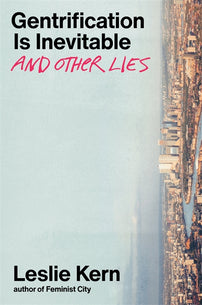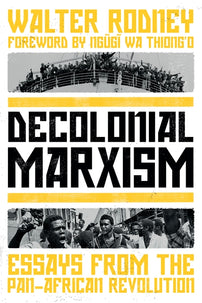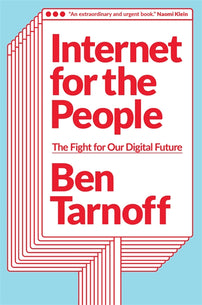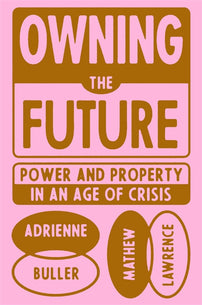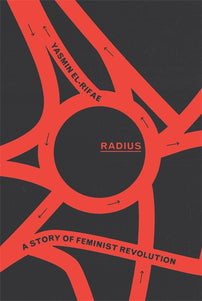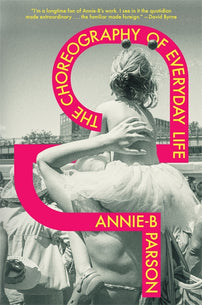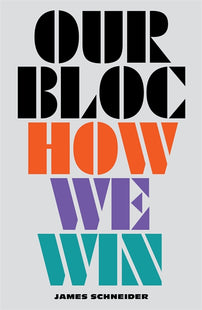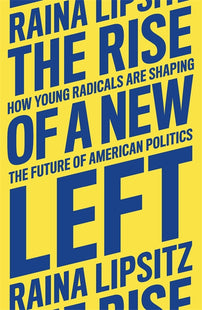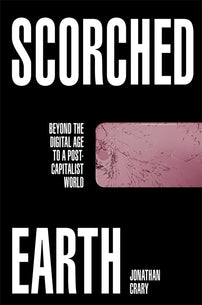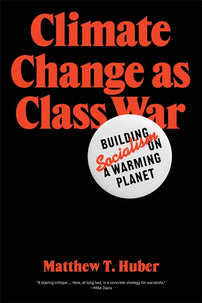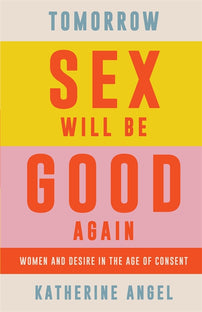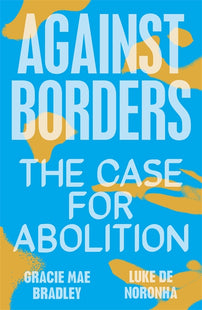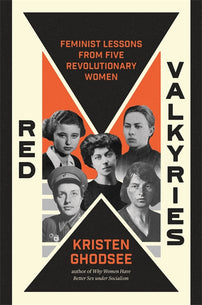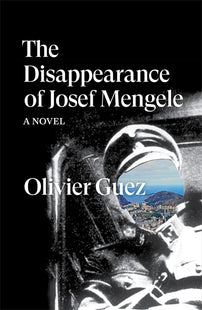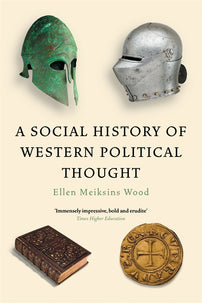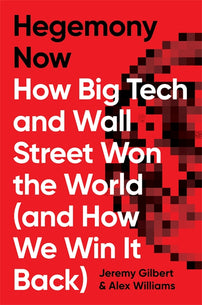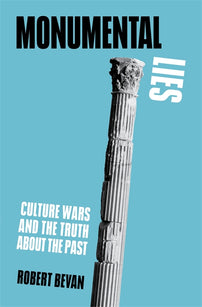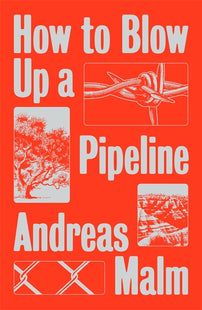Verso Gift Guide
Books to ignite radical ideas.

Be inspired this year with our gift guide! Share, with your loved ones, radical and visionary thinking that interrogates existing ideas, and re-imagines a different kind of world.
Don't forget, we have bundled ebooks with every print purchase (where available) — meaning you can gift the print book (if you want to) and start reading the ebook straight away!
[book-strip index="1" style="buy"]
Based on the hugely popular podcast series of the same name, Bad Gays asks what we can learn about LGBTQ+ history, sexuality and identity through its villains, failures, and baddies. With characters such as the Emperor Hadrian and notorious gangster Ronnie Kray, the authors tell the story of how the figure of the white gay man was born, and how he failed.
This unconventional history of homosexuality is a passionate argument for rethinking gay politics beyond questions of identity, compelling readers to search for solidarity across boundaries.
Our best-selling radical diary! Alongside illustrations and book excerpts, it features significant radical dates from throughout history—such as landmark events of the English Civil War and the Black Panther movement, the protests of 1968, and milestones in women’s emancipation. Entries touch on the lives of revolutionaries, including Angela Davis, Rosa Luxemburg, and Martin Luther King Jr.
[book-strip index="3" style="buy"]"What if we could do better than the family?" is a question many find asking themselves over the festive period.
For those who are lucky, families can be filled with love and care, but for many they are sites of pain: from abandonment and neglect, to abuse and violence.
Abolish the Family traces the history of family abolitionist demands, beginning with nineteenth century utopian socialist and sex radical Charles Fourier, the Communist Manifesto and early-twentieth century Russian family abolitionist Alexandra Kollontai. Turning her attention to the 1960s, Lewis reminds us of the anti-family politics of radical feminists like Shulamith Firestone and the gay liberationists, a tradition she traces to the queer marxists bringing family abolition to the twenty-first century. This exhilarating essay looks at historic rightwing panic about Black families and the violent imposition of the family on indigenous communities, and insists: only by thinking beyond the family can we begin to imagine what might come after.
[book-strip index="4" style="buy"]A cat and mouse game of surveillance and psychological torment develops betweenmother and daughter, as Vigdis Hjorth returns to the themes of her controversial modern classic, Will and Testament.
[book-strip index="5" style="buy"]A searing analysis of health and illness under capitalism from hosts of the hit podcast “Death Panel”.
[book-strip index="6" style="buy"]An absurdist novel about fame, culture and connections, bodies and breakdowns from the author of The Superrationals.
[book-strip index="7" style="buy"]A trenchant look at contemporary capitalism’s insatiable appetite - and a rallying cry for everyone who wants to stop it from devouring our world.
[book-strip index="8" style="buy"]What does gentrification look like? Can we even agree that it is a process that replaces one community with another? It is a question of class? Or of economic opportunity? Who does it affect the most? Is there any way to combat it? Leslie Kern, author of the best selling Feminist City, travels from Toronto, New York, London, Paris and San Francisco and scrutinises the myth and lies that surround this most urgent urban crisis of our times.
[book-strip index="9" style="buy"]Gathering together Ruth Wilson Gilmore’s work from over three decades, Abolition Geography presents her singular contribution to the politics of abolition as theorist, researcher, and organizer, offering scholars and activists ways of seeing and doing to help navigate our turbulent present.
[book-strip index="10" style="buy"]In this brilliant introduction to trans politics, journalist Shon Faye gives an incisive overview of systemic transphobia and argues that the struggle for trans rights is necessary to any struggle for social justice.
*only available from Verso in North America
[book-strip index="11" style="buy"]A previously unpublished collection of Rodney’s essays on race, colonialism and Marxism.
[book-strip index="12" style="buy"]Why is the internet so broken, and what could ever possibly fix it? In Internet for the People, Ben Tarnoff argues that the solution is straightforward: deprivatize the internet. It's time to demand an internet by, and for, the people.
[book-strip index="13" style="buy"]Road to Nowhere exposes the flaws in Silicon Valley’s Uber-centric vision of the future of transportation. Instead, Paris Marx offers a vision for a more collective way of organizing transportation systems that considers the needs of poor, marginalized, and vulnerable people.
[book-strip index="14" style="buy"]A radical manifesto for the transformation of post-pandemic politics.
[book-strip index="15" style="buy"]A haunting, intimate account of the women and men who built a feminist revolution in the middle of the Arab Spring.
[book-strip index="16" style="buy"]In this sparkling, innovative, fully-illustrated work, world-renowned choreographer Annie-B Parson translates the components of dance - time, proximity, space, motion and tone - into text.
[book-strip index="17" style="buy"]A plan to win for the British left, from the co-founder of Momentum.
[book-strip index="18" style="buy"]How the first major leftwing generation since the sixties has shaped electoral politics.
[book-strip index="19" style="buy"]This polemic by the author of 24/7 dismantles the presumption that social media could be an instrument of radical change and contends that the networks and platforms of transnational corporations are intrinsically incompatible with a habitable earth or with the human interdependence needed to build egalitarian post-capitalist forms of life.
[book-strip index="20" style="buy"]Winning the climate struggle will require an internationalist approach based on planetary working-class solidarity. Matthew Huber explains how.
[book-strip index="21" style="buy"]Katherine Angel's critically-acclaimed analysis of female desire, consent, and sexuality.
[book-strip index="22" style="buy"]Against Borders is a passionate manifesto for border abolition, arguing that we must transform society and our relationships to one another, and build a world in which everyone has the freedom to move and to stay.
[book-strip index="23" style="buy"]The lives of five socialist women and their legacy for modern-day feminists.
[book-strip index="24" style="buy"]A coruscating portrait of Britain’s greatest imperialist.
[book-strip index="25" style="buy"]An extraordinary novel about one of history’s most reviled figures.
[book-strip index="26" style="buy"]A sweeping and nuanced materialist history of Western political thought.
[book-strip index="27" style="buy"]How did we come to live in a world dominated by big tech and finance?
[book-strip index="28" style="buy"]Chosen as one of the best Architecture and Design books of 2022 by The Financial Times and one of the top art books of 2022 by The Art Newspaper
How statues, heritage and the built environment have become the battleground for the culture wars.
[book-strip index="29" style="buy"]With the verve and bite of Ottessa Moshfegh and the barbed charm of Nancy Mitford, Marlowe Granados’s stunning debut brilliantly captures a summer of striving in New York City.
[book-strip index="30" style="buy"]The first English-language publication of the work of Izumi Suzuki, a legend of Japanese science fiction and a countercultural icon.
[book-strip index="31" style="buy"]Why resisting climate change means combatting the fossil fuel industry.
